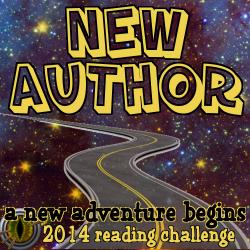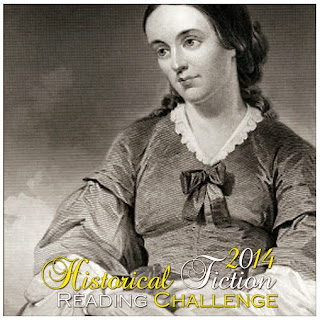Source: Author and Book Junkie Promotions
Paperback, 190 pages
I am an Amazon Affiliate
A Hero for the People by Arthur Powers is a quiet collection of short stories about the Brazilian backlands that examine faith and perseverance among people who were downtrodden and beaten down by their richer brethren off and on between 1964 and the early 1990s. In this crucible, men and women are either made stronger or they are broken by the land, the people, and the government. Powers uses sparse language and thrusts the reader in the middle of situations, but there is enough background given so that the reader understand each character’s position in the towns they visit — from the Brother sent to help an older priest live out his final years before the parish is closed and finds himself becoming a people’s hero to the young wife and mother who dreams of escaping her life as a wife for a passionate love affair.
“She turned and walked inside. She would miss this house. The house where she had grown up had been made of wattle — mud and sticks — plastered over in parts where the plaster hadn’t worn through. Its floor had been dirt, pressed hard enough so that you could sweep it almost clean, but turning muddy when rain leaked through the old tile roof. In this house, when water leaked through the tiles in the hard rains, it could be swept off the floor. And here there was a pump in the kitchen; she didn’t have to walk to the river for water.” (from “The Moving”, page 96)
While Powers begins his collection with a note about the political and social environment during the time in which these stories are set; it is hardly necessary because it is clear that those factors influenced the lives of his characters. At the heart of these stories are families trying to make their way in the world and keep what little they have, but there are the missionaries who come from the outside world to help them and there are the wealthy landowners and their gangs who try to take it all. Powers’ style is reminiscent of the stories told by the fire before televisions were prevalent in homes, and these stories will transport readers outside of their own lives into the lives of these Brazilian farmers and ranchers. As they struggle, readers will feel the tension grown, and when they fall, they will cheer them onward.
A Hero for the People by Arthur Powers is a powerful look at a less affluent society that is no less worthy of prosperity and happiness than the next. Hearts will break, families will falter, but in the end faith and love hold them together through the toughest parts of their lives. Powers has crafted harrowing stories that dig at the root of all human societies when they are beginning anew.

Arthur Powers went to Brazil in 1969 and lived most his adult life there. From 1985 to 1997, he and his wife served with the Franciscan Friars in the Amazon, doing pastoral work and organizing subsistence farmers and rural workers’ unions in a region of violent land conflicts. The Powers currently live in Raleigh North Carolina.
Arthur received a Fellowship in Fiction from the Massachusetts Artists Foundation, three annual awards for short fiction from the Catholic Press Association, and 2nd place in the 2008 Tom Howard Fiction Contest. His poetry, fiction, and essays have appeared in many magazines & anthologies. He is the author of A Hero For The People: Stories From The Brazilian Backlands (Press 53, 2013) and The Book of Jotham (Tuscany Press, 2013).
Website | Facebook | Twitter | Goodreads













